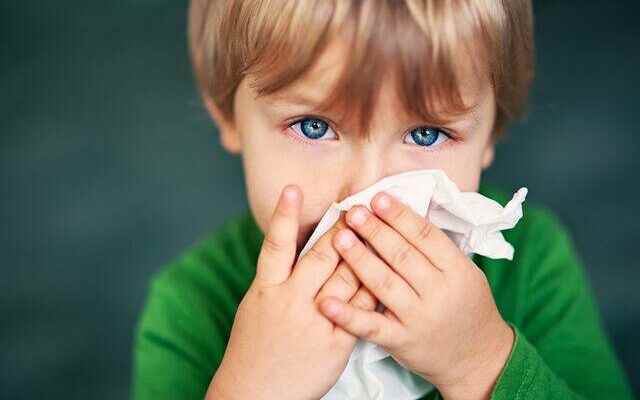Allergy cases increase much more in the summer months. Precautions need to be taken to alleviate the severe symptoms of allergies. Especially children can suffer from allergies much more severely. Assoc. Dr. Hikmet Tekin Nacaroğlu warned the parents of children with food allergies against hidden contamination that may occur in open buffets. Nacaroğlu stated that the contents of the foods that children with food allergies will consume during the holiday should be followed by their families.
PARENTS SHOULD TAKE PRECAUTIONS
Underlining that serious problems may occur due to accidental contamination, especially in environments that serve open buffets and where food contents can mix with each other, Nacaroğlu noted that it is vital for parents to have an adrenaline auto injector with them in case of possible situations.
ALLERGIC RISKS CAN IMPROVE QUALITY OF LIFE
Nacaroğlu stated that the allergic risks that increase in the summer months may impair the quality of life of children. Noting that allergic conditions related to the skin are most common in the summer period, Nacaroğlu said, “However, pollen, sun and chlorine in children can cause an increase in hay fever symptoms as an important trigger. Reactions caused by meadow and grass pollens start in the late spring and continue throughout the summer. Allergic hay fever, which is characterized by excessive runny nose, sneezing, nasal congestion, itchy nose and eyes, watering and stinging eyes, persists in some children throughout the summer, even into the early autumn. used the phrases.
INCREASED RISK OF INSECT ALLERGIES

Hikmet Tekin Nacaroğlu stated that the risk of insect allergies increases with hot weather. Pointing out that the findings in insect stings usually occur in exposed parts of the body such as arms, legs, and face, Nacaroğlu said, “The most dangerous reaction among insect stings is bee allergies. In bee allergies, redness, swelling may occur, as well as sudden reactions such as shortness of breath, loss of consciousness, and vomiting. Allergic shock, called ‘anaphylactic shock’, may occur. Other insect stings may show exaggerated skin reactions, although not as much as a bee.” made evaluations.
